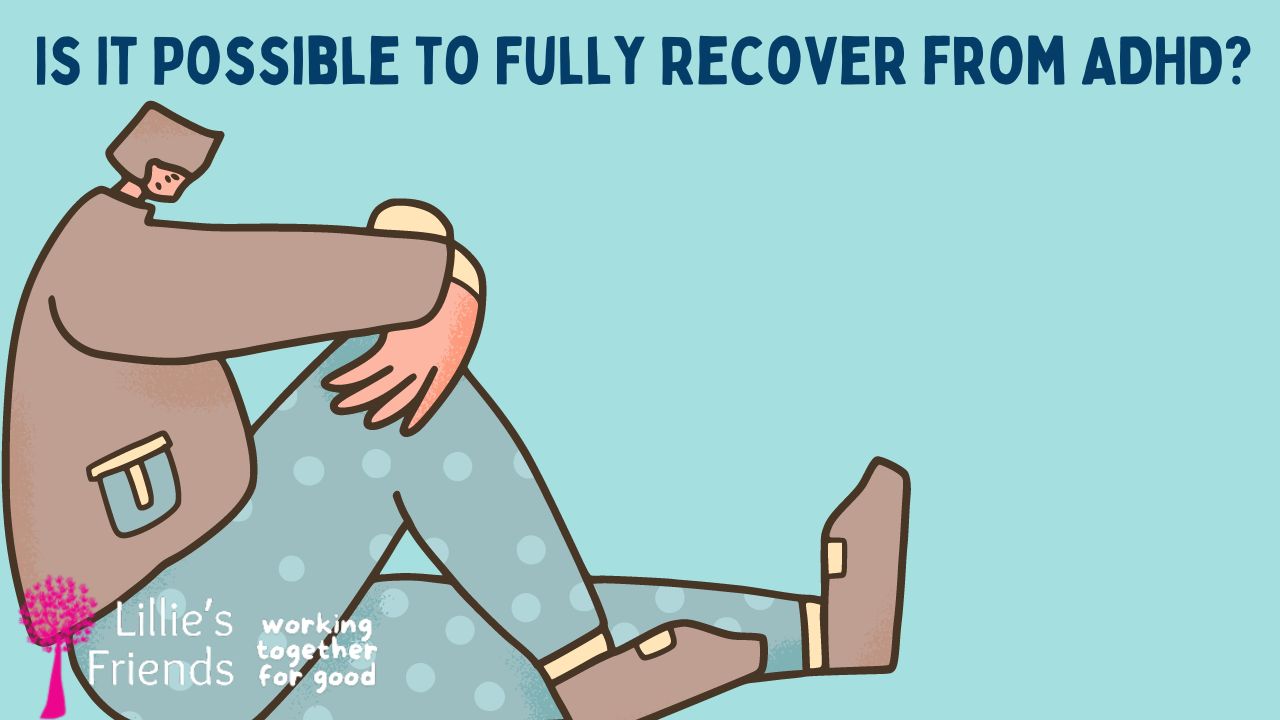Treatment options for attention deficit hyperactivity disorder are diverse. Finding the areas of life where ADHD has the biggest detrimental effects is the first step in the entire process. Adults with the illness may then benefit from therapy or medication for such problems. If left untreated, ADHD can make it challenging to carry out daily activities in a variety of contexts. Can ADHD be fixed, though?
It is impossible to totally prevent or cure ADHD. However, the only way for adults with this problem to control their symptoms is if they receive an early diagnosis, a comprehensive treatment plan, and appropriate education about the illness. Read the article to learn about the best ADHD treatment programs available to adults.
Symptoms of ADHD
It is possible to categorize symptoms of ADHD into two behavioral groups (though this isn’t always the case, as many ADHD sufferers have problems that fall into both):
- Impulsivity and hyperactivity
- Lack of focus
These groups of ADHD symptoms consist of:
| Inattentive | Hyperactive/Impulsive |
|
|
Diagnose of ADHD
Prior to delving into the effectiveness of certain therapies, it is imperative to acknowledge the importance of accurately diagnosing ADHD. A diagnosis of ADHD is sometimes delayed in adulthood for many persons. Nonetheless, as ADHD is a lifetime disorder, you can get evaluated for it at any age.
Psychiatrists, psychologists, and other qualified medical and mental health professionals are capable of diagnosing ADHD. They make use of additional adult ADHD tests as well as the DSM-5 recommendations.
Is ADHD Reversible?
Since ADHD is a degenerative condition, the best approaches to manage symptoms are usually with medication and behavioral therapy. ADHD symptoms may lessen with age, but the condition does not go away, and many adults are able to effectively manage it. After receiving therapy, adults with ADHD enjoy symptom-free lives and function at their best.
The best course of action is to treat ADHD as a chronic condition for which you can manage your symptoms rather than as a sickness that needs to be cured. Significant advancements have been made in the treatment of ADHD in recent years. It is anticipated that additional research will result in the development of even more effective therapies.
Adult ADHD Treatment
There isn’t a single ADHD treatment that works for everyone. You may find that your symptoms respond best to varying therapy modalities and intensities. A combination of behavioral counseling, medicine, and dietary and lifestyle modifications is the most effective approach.
Adults with ADHD are usually treated with the following choices.
Drugs
Medication for ADHD can help you better focus and regulate your cravings. Some individuals with ADHD take their medication daily, while others do so just on the days when they have a specific task that requires their full attention. Drugs that include stimulants or those that don’t can be used to treat adults with ADHD. The list of examples is quite lengthy.
Psychoanalysis
Regular counseling is the best approach for people with ADHD to learn behavioral strategies for managing their symptoms and deal with life’s challenges. Psychotherapy or talk therapy might help you manage your issues by changing the way you think and behave.
The therapist would assist you in modifying your emotions in response to situations, which could then influence your actions. These therapies are highly beneficial for people with co-occurring diseases such as depression and anxiety.
The most popular therapies for treating ADHD are as follows:
- Behavioral and cognitive therapies
- Therapy centered on mindfulness
- A quick motivational interview
Social Skills Education
Adults with ADHD who undergo social skills training behave more socially acceptable behaviors, are less impulsive, and have better control over their anger. An essential part of managing ADHD is training. One-on-one or small group settings are also good for honing these abilities.
Social skill training follows specific procedures and objectives:
- Speaking while focusing
- Accepting innovative group dynamics
- Giving appropriate praise and criticism
- Controlling annoyance
Modifications in Lifestyle
Alternative treatments for ADHD, such as dietary restrictions and supplementation, can be helpful for certain people. You shouldn’t attempt them without first consulting a doctor, though, as there isn’t much evidence that they are effective. For persons with ADHD, a balanced diet is recommended.
Supplements containing omega-3 and omega-6 fatty acids may also be beneficial for those with ADHD, however the evidence for this is rather limited. Consequently, it is advisable to consult a doctor before taking any supplements, as some may interact unexpectedly with drugs or lessen their efficacy.
Thus, Is ADHD Treatable?
Several therapies are available to help you control your symptoms and enjoy a successful life, even though ADHD is a progressive illness. Adult ADHD treatment can be customized to meet your individual needs. Treatment options include using a single technique that best addresses your symptoms or a holistic (multimodal) approach.











